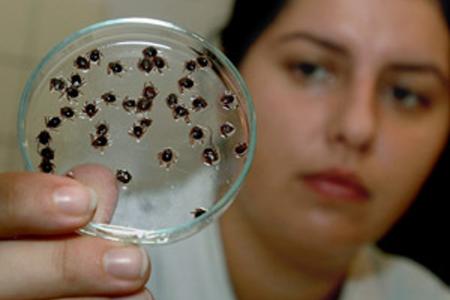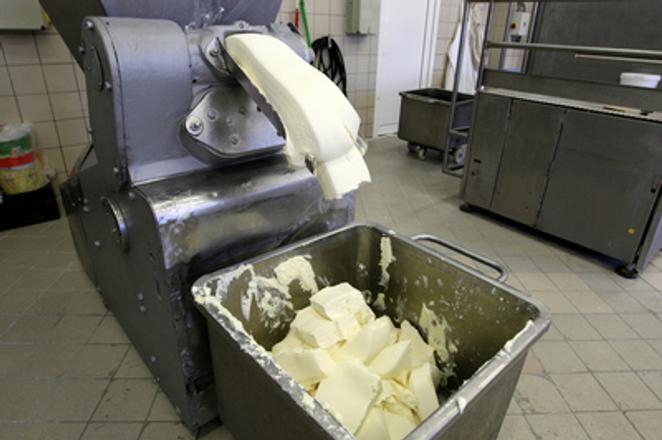The inspection initiated by the Agriculture Ministry was a reaction to the highly publicised case alleging a local epidemic of tick-borne encephalitis in Košice and Banská Bystrica this May and June. Consuming the sheep cheese directly from a salaš, shepherd’s hut, was stated as the potential source of infection. However, the incidence of such a virus was not confirmed in any of the cases, the ministry informed the SITA newswire. Thus, the popular Slovak foodstuffs like milk, unfermented sheep cheese – bryndza, sheep and goat cheeses and žinčica – boiled sheep whey – are all safe for consumption.
“The testing of samples of sheep and goat milk taken recently have confirmed that these are safe and healthy products,” Agriculture Minister Gabriela Matečná (of the coalition Slovak national Party-SNS) told SITA on June 22. “Sheep and goat breeding in Slovakia are under strict health-care supervision.”
In 2014, the Veterinary and Food Administration introduced diagnostic methods of detecting the virus and if any suspicion of infection occurs,both animals and their products are immediately tested. On June 2, the main vet in Slovakia ordered the extraordinary emergency measure and by June 17, 370 samples of milk were investigated.




 Cheese production, illustrative stock photo. (source: Sme)
Cheese production, illustrative stock photo. (source: Sme)